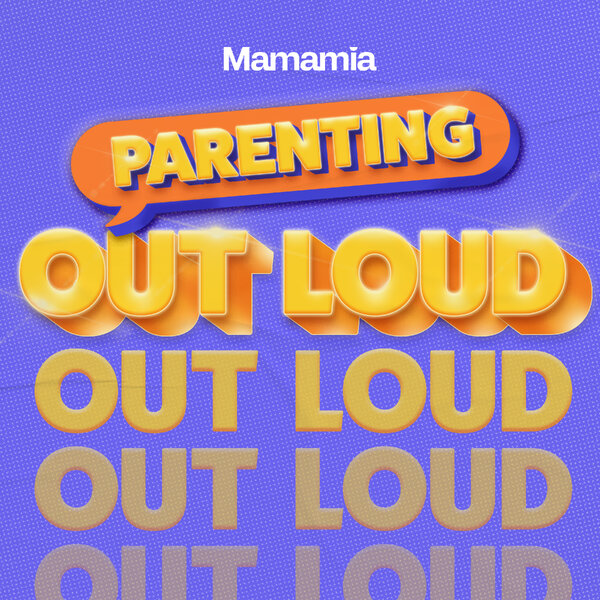by REBECCA SPARROW
I’d just put a forkful of turkey and stuffing in my mouth when she asked the question.
Do children die?
It was not the question I was expecting my four year old to ask me over Christmas Day lunch. But she asked it and as I attempted not to choke on my food and wondered if shouting “Oh my God, I just saw Dora outside!” would distract her, I realised I had to answer.
“Yes,” I said. “They do sometimes. But mostly people die when they are really, really, really old.”
“Like 100?” she said.
“Yes,” I lied.
“When you’re 100, are you as big as a giant?”
“Well, no. Because giants aren’t real. They’re just in storybooks.”
“Hmm.” And with that, the moment was over and Ava went back to pretending her beans were a group of people who appeared to talk in a Scottish accent.
And I went back to shoveling way too much food into my mouth and wondering exactly how many roast potatoes is, you know, too many roast potatoes to have on my plate.
But of course the moment wasn’t over. And for the next few hours and days and weeks, Ava continued to ask me questions about death. Did it hurt? Why did people die? Was I going to die? If Grandpa is really, really old then is he going to die soon?
And it made me realise how completely unprepared I was for these conversations. Well, unprepared in the sense that I wanted to answer in a way that wasn’t going to frighten or distress her. And yet, I also wanted to tell Ava the truth.


Top Comments
Can we please stop using ridiculous euphemisms people do not 'pass away' they die.
I don't think this is a difficult issue and fail to see the need for a psychological approach. It is fairly obvious to everybody including a small child that everything in this world is subject to decay and decomposition. Those are big words, of course for a child. I discussed this early with my children and simply explained - we live in a world where everything eats everything else and everything decays and dies and that's why it's important for us to make the most of the opportunities that come to us and to take care of each other. No more questions were ever asked.
You are lucky Guest that you have obviously not had close loved ones really challenge that for you. My kids lost both my parents within 3 years, people they knew and loved so telling them that their grandparents are just decaying would be simply awful. Children want to know where those people they knew have gone, not just their bodies and it is very difficult to explain if you are not religious. I have clumsily fumbled my way through, at times very badly because of my own grief but my children have somehow come away not feeling scared about death and feeling permitted to be sad and miss them sometimes. So without your hardline approach, and God, it can be done. The objective is to preserve their innocence for as long as possible isn't it?